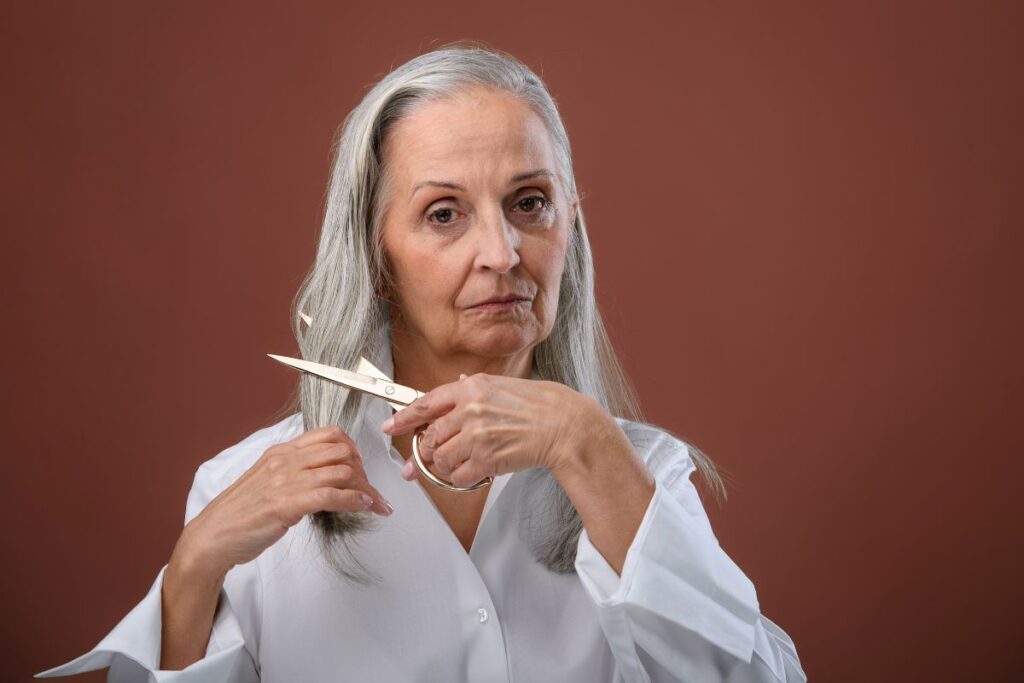Imagine hearing the word “cancer” from your doctor. Suddenly, the world feels like it’s crumbling. Then, you go home and start googling answers—and the myths flood in. “It’s genetic,” “It’s always fatal,” “Chemotherapy makes you lose all your hair.” These myths only add to the stress of an already overwhelming situation.
Let’s face these myths and discuss them openly and clearly so that you find the courage to fight cancer.
Myth 1: Cancer is Always Inherited
Sita’s heart sank when she was diagnosed with breast cancer. Her mother had the same diagnosis years ago, and she feared the same fate was inevitable for her. But, after a consultation with her doctor and genetic counselling, Sita learned that most breast cancer cases are not inherited. Only a small percentage are. Factors like lifestyle, environmental exposure, and even luck play a much more significant role.
Fact: The main reason for most cancer diagnoses is an unhealthy environment, the lifestyle you choose, and sometimes simple luck, while genetics can increase your risk. Don’t allow your destiny to be dictated by your family’s past.
Myth 2: Cancer is a Death Sentence
When Vikram heard his diagnosis of lung cancer, he thought his life was over. He was crushed. But after months of treatment and immense courage, Vikram is now in remission. His survival story shows how far treatment has come and how early diagnosis increases survival chances.
Fact: Cancer is not always fatal. Many cancers are treatable with new treatments, early detection, and personalised care. Survival rates have risen dramatically thanks to advances in cancer research and medical technology.
Myth 3: Chemotherapy Always Causes Hair Loss
Raj was terrified. The word “chemotherapy” instantly made him think of hair loss, nausea, and exhaustion. But as he began treatment, he learned that hair loss is not guaranteed with chemotherapy. Some treatments, and even scalp cooling options, minimise this side effect significantly.
Fact: Not all chemotherapy drugs result in hair loss, and this side effect can be controlled. Each cancer treatment is different for each patient.
Myth 4: Alternative Therapies Can Cure Cancer
When Asha was diagnosed with ovarian cancer, she was desperate to find a cure. She searched online and found several “miracle” herbs and remedies. But she quickly learned from her oncologist that while these might help with symptoms, they aren’t a replacement for conventional cancer treatments like chemotherapy or surgery.
Fact: There is no magical cure for cancer. Conventional treatments are the best option, supported by years of scientific research. Use alternative therapies only as a supplement, not a replacement for prescribed treatments.
Myth 5: Cancer is Contagious
After getting diagnosed with leukaemia, Alok noticed some of his friends avoiding him. They thought they could “catch” his cancer. This heartbreaking experience is more common than you think.
Fact: Cancer is not contagious. You cannot catch cancer from someone else. However, some viruses (like HPV) increase the risk of developing certain cancers, but these viruses themselves are not cancer.
Conclusion:
Myths of cancer can generate a feeling of being frozen, lost, confused, and scared. However, by being aware of the facts, you give yourself the ability to make wise choices regarding your care and well-being. Don’t let myths rob you of your authority.
FAQs: Breaking Cancer Myths
Is cancer always inherited?
No, only a small percentage of cancers are inherited. Lifestyle factors and environmental influences play a much more significant role.
Can cancer be cured?
If caught early, many cancers are treatable. Due to smart innovations, survival rates have increased significantly in recent years.
Does chemotherapy always cause hair loss?
Not all chemotherapy drugs cause hair loss. There are treatments available to minimise this side effect.
Can alternative therapies cure cancer?
No, there is no magical cure. Conventional treatments like chemotherapy and surgery remain the most effective options.
Is cancer contagious?
No, you cannot catch cancer from someone else. Cancer is not contagious.
How HealthPil Can Help:
At HealthPil, taking charge of your health requires knowing your diagnosis and available treatments. To help you navigate your cancer experience, our skilled oncologists offer second views, treatment options, and emotional support.
Disclaimer:
The information provided here is for educational purposes only and should not be used as a substitute for professional medical advice, diagnosis, or treatment. Always consult your healthcare provider for medical advice tailored to your specific condition.

